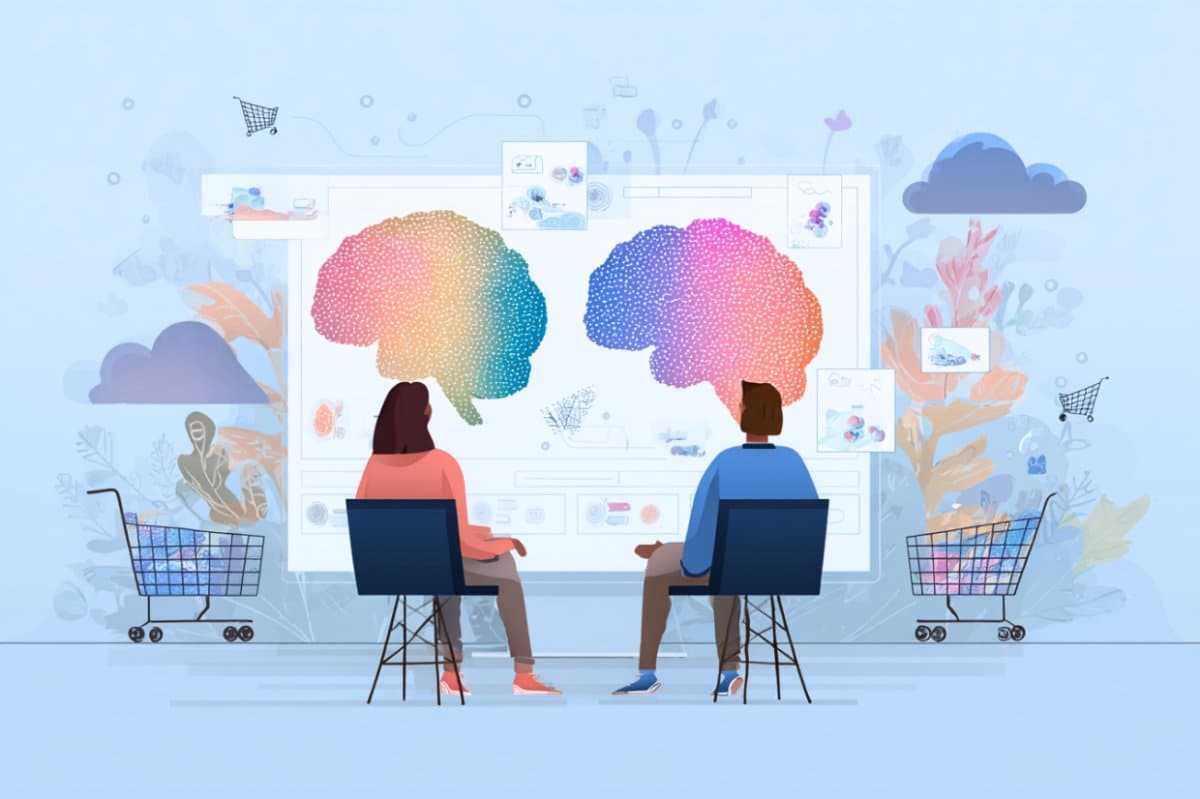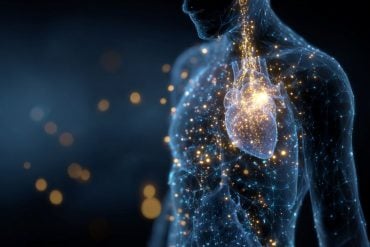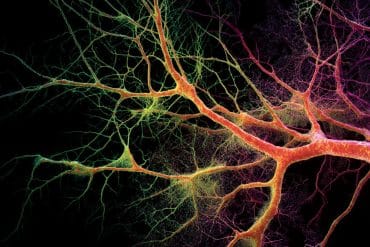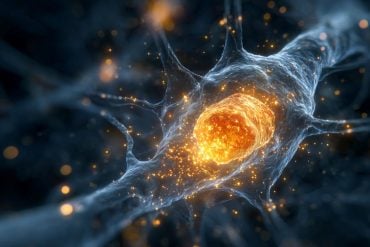Summary: A new study reveals that close friendships can synchronize brain activity and influence decision-making, particularly in consumer behavior. Researchers found that friends evaluated products more similarly than strangers, with this effect strengthening as friendships deepened.
Neuroimaging showed friends’ brains aligned during ad viewing in areas tied to memory, social judgment, and rewards. Remarkably, participants’ brain activity could even predict their friends’ purchasing intentions.
Key Facts:
- Friends’ product evaluations grew more similar as their bond strengthened.
- Neural activity synchronized in brain regions linked to perception, memory, and reward.
- Brain patterns predicted not only individual but also friends’ purchase decisions.
Source: SfN
How does friendship affect the human brain and influence behavior?
In a new Journal of Neuroscience paper, Jia Jin and colleagues, from Shanghai International Studies University, present their work examining how close relationships influence consumer behavior and neural activity.

Through a combination of long-term behavioral experiments with 175 participants and neuroimaging data from 47 participants, the researchers shed light on how friendships promote neural and behavioral similarity.
Participants evaluated products more similarly to their friends than strangers. As friends grew closer over time, this similarity became even stronger.
Neuroimaging revealed that as friends viewed advertisements together, they had synchronized neural activity linked to object perception, attention, memory, social judgement, and reward processing.
Lastly, Jin et al. discovered brain activity of study participants that could predict not only their own purchasing intentions, but also the intentions of their friends.
According to the authors, this work advances understanding of how strongly dynamic social relationships can influence behavior.
The authors’ findings suggest that close relationships can predictably shape the way people act, at least when it comes to consumer-related behaviors.
About this neuroscience research news
Author: SfN Media
Source: SfN
Contact: SfN Media – SfN
Image: The image is credited to Neuroscience News
Original Research: Closed access.
“Neural Synchrony and Consumer Behavior: Predicting Friends’ Behavior in Real-World Social Networks” by Jia Jin et al. Journal of Neuroscience
Abstract
Neural Synchrony and Consumer Behavior: Predicting Friends’ Behavior in Real-World Social Networks
The endogenous aspect of social influence, reflected in the spontaneous alignment of behaviors within close social relationships, plays a crucial role in understanding human social behavior.
In two studies involving 222 human subjects (Study 1: n = 175, 106 females; Study 2: n = 47, 33 females), we used a longitudinal behavioral study and a naturalistic stimuli neuroimaging study to investigate the endogenous consumer behavior similarities and their neural basis in real-world social networks.
The findings reveal that friends, compared to nonfriends, exhibit higher similarity in product evaluation, which undergoes dynamic changes as the structure of social networks changes.
Both neuroimaging and meta-analytic decoding results indicate that friends exhibit heightened neural synchrony, which is linked to cognitive functions such as object perception, attention, memory, social judgment, and reward processing.
Stacking machine learning-based predictive models demonstrate that the functional connectivity maps of brain activity can predict the purchase intention of their friends or their own rather than strangers.
Based on the significant neural similarity which exists among individuals in close relationships within authentic social networks, the current study reveals the predictive capacity of neural activity in predicting the behavior of friends.






